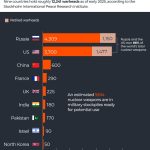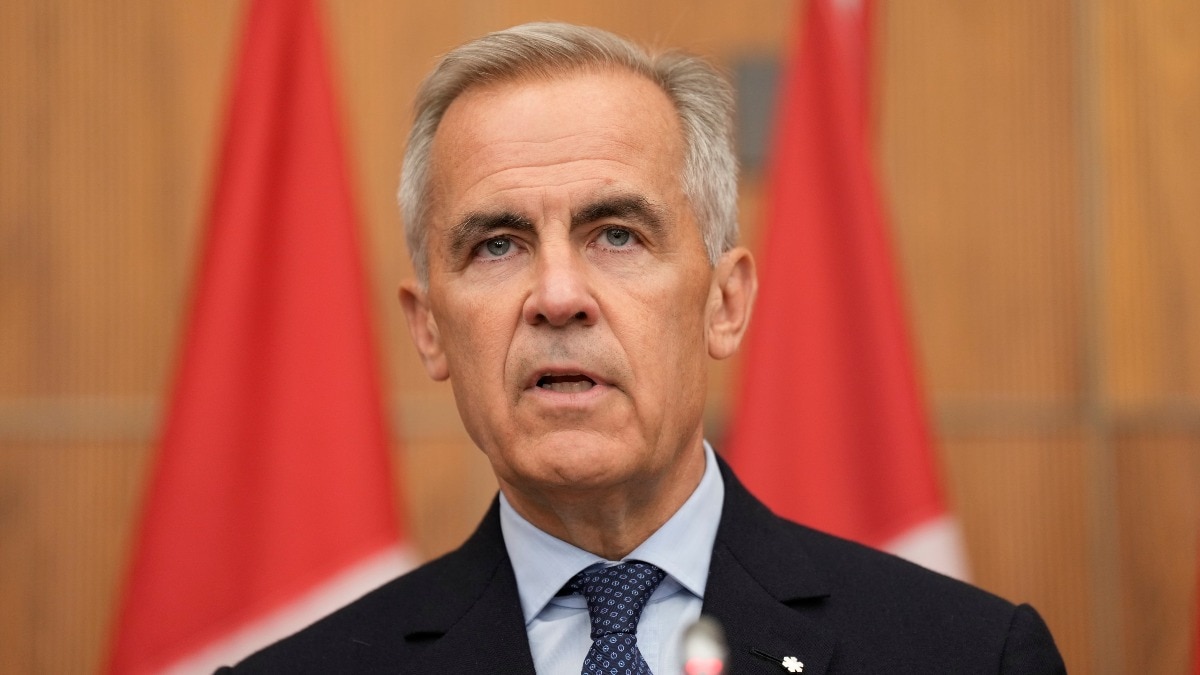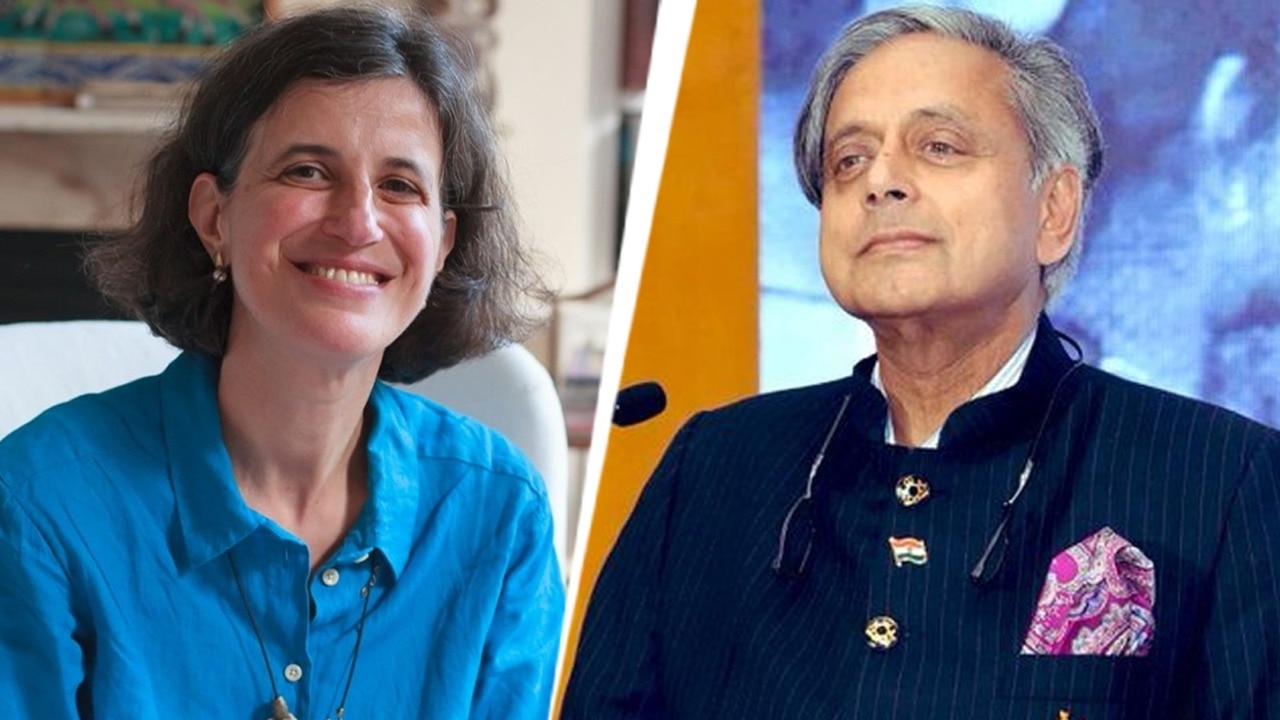Canadian Prime Minister Mark Carney on Saturday underscored the “progress” his government has achieved in rebuilding and strengthening ties with India, describing it as part of a broader strategy to diversify Canada’s trade partnerships and reduce dependence on the United States.
Speaking to reporters after the Asia-Pacific Economic Cooperation (APEC) summit in South Korea, Carney said Canada’s approach was already yielding results. “We are building new partnerships with countries around the world — and there is no better place to do that than in the fastest-growing region, which represents 60 percent of the global economy,” he said, referring to the Asia-Pacific.
Carney highlighted recent trade developments, including a free trade agreement with Indonesia, ongoing talks with the Philippines and Thailand, and what he described as “a turning point” in Canada’s relationship with China. “Progress which we have been making with India is especially encouraging,” he added. “While I didn’t meet Prime Minister Narendra Modi directly here, our foreign minister and other cabinet members have been deeply engaged with their Indian counterparts.”
The Canadian PM reiterated that his government’s economic strategy focuses on both domestic resilience and international outreach — strengthening Canada’s economy at home while “building partnerships abroad to reduce our reliance on the United States.”
“It can’t happen overnight,” Carney acknowledged, “but we are moving very fast.”
Carney’s comments come amid renewed trade tensions with Washington, following US President Donald Trump’s decision last week to terminate all trade negotiations with Ottawa, citing what he called Canada’s “egregious behaviour.” The move came shortly after an anti-tariff advertisement aired by Ontario, prompting Carney to issue a public apology to the US President. Trump had hosted Carney at the White House just weeks earlier.
Despite these challenges, Ottawa is pressing ahead with its goal of doubling non-U.S. exports within the next decade. A statement from the Prime Minister’s Office emphasised Canada’s intent to “unlock new opportunities for Canadian workers and businesses across the Indo-Pacific.”
Since taking office in March 2025, Carney has led efforts to reset Canada-India relations, which had deteriorated under the previous government. The diplomatic rift began in 2023 when then-Prime Minister Justin Trudeau accused Indian agents of involvement in the killing of Sikh separatist Hardeep Singh Nijjar, allegations New Delhi dismissed as “absurd and motivated.”
Relations began to thaw after Carney met Prime Minister Modi on the sidelines of the G7 Summit in Kananaskis earlier this year, leading to the restoration of high commissioners in both capitals and renewed high-level dialogue.
In October, Foreign Minister Anita Anand visited India, holding talks with External Affairs Minister S. Jaishankar and Commerce Minister Piyush Goyal. The two sides unveiled a roadmap to boost cooperation in trade, critical minerals, and energy, signaling a concrete step toward rebuilding trust.
Looking ahead, further visits by senior officials are planned, and Prime Minister Carney has been invited to attend the AI Impact Summit in New Delhi in February 2026 — a gesture seen as another sign of warming ties between the two nations.
“The Indo-Pacific presents enormous opportunities for Canadian workers and businesses,” Carney said. “Canada is ready to seize these opportunities — and play to win.”
– Ends
With inputs from agencies









